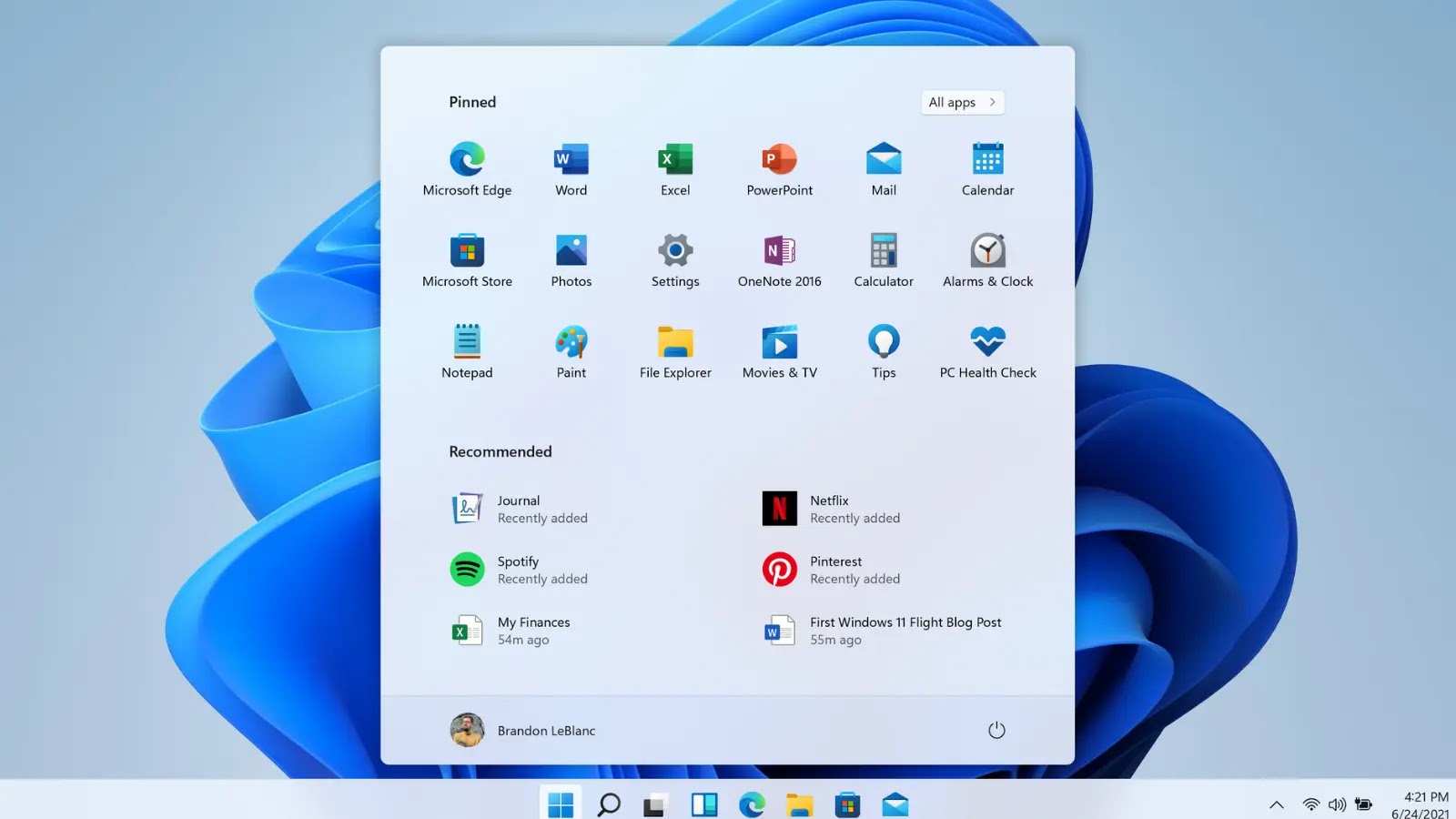A significant security flaw has been identified in the Linux kernel’s KSMBD (Kernel SMB Daemon) service, potentially allowing authenticated remote attackers to execute arbitrary code on affected systems. This vulnerability, designated as CVE-2025-38561 with a CVSS score of 8.5, poses a substantial risk to Linux systems utilizing the kernel-based SMB server functionality.
Understanding the Vulnerability
The KSMBD service offers in-kernel SMB server capabilities, serving as an alternative to the traditional user-space Samba implementation. Operating directly within the kernel space, KSMBD can provide performance benefits but also introduces heightened security risks due to its privileged execution context.
The vulnerability arises from improper handling of the `Preauth_HashValue` field within the `smb2_sess_setup` function. Specifically, a race condition occurs due to inadequate locking mechanisms when performing operations on kernel objects. This flaw creates an opportunity for attackers to manipulate memory structures, potentially leading to code execution within the kernel context.
Technical Details
During the establishment of an SMB2 session, the server processes authentication hash values. The lack of proper synchronization between concurrent operations during this process creates a window where memory corruption can occur. This corruption can be exploited to redirect code execution flow, granting attackers the ability to execute arbitrary code with kernel-level privileges.
Authentication Requirement
Exploitation of this vulnerability requires initial authentication to the SMB service. Attackers must possess valid credentials or successfully authenticate through other means before they can trigger the vulnerability. While this requirement adds a layer of complexity to potential attacks, it does not eliminate the risk, especially in environments where credentials may be compromised or easily obtained.
Disclosure and Response
The vulnerability was responsibly disclosed by researcher Nicholas Zubrisky of Trend Research, who reported the issue to Linux maintainers on July 22, 2025. Following the disclosure, Linux maintainers have released patches addressing this vulnerability. The fix is available in the stable kernel tree under commit `44a3059c4c8cc635a1fb2afd692d0730ca1ba4b6`.
Risk Assessment
– Affected Products: Linux Kernel (KSMBD SMB server implementation)
– Impact: Remote Code Execution
– Exploit Prerequisites: Authentication required – Valid SMB credentials needed to access KSMBD service
– CVSS 3.1 Score: 8.5 (High)
Mitigation Strategies
System administrators are strongly advised to take the following actions to mitigate the risk associated with this vulnerability:
1. Kernel Update: Prioritize updating Linux kernels to versions containing the security fix. This is particularly crucial for systems exposed to untrusted networks or users.
2. Additional Security Measures:
– Network Segmentation: Implement network segmentation to limit the exposure of SMB services to untrusted networks.
– Strict Authentication Controls: Enforce strong authentication mechanisms and regularly review access controls to ensure only authorized users have access to SMB services.
– Monitoring: Continuously monitor for suspicious SMB traffic patterns that may indicate exploitation attempts.
3. Service Management: Consider temporarily disabling KSMBD services on non-critical systems until patching can be completed. This can serve as an immediate protective measure while updates are being applied.
Conclusion
The discovery of CVE-2025-38561 underscores the importance of vigilant security practices, especially when utilizing services that operate within the kernel space. By promptly applying patches and implementing robust security measures, organizations can protect their systems from potential exploitation and maintain the integrity of their network services.



